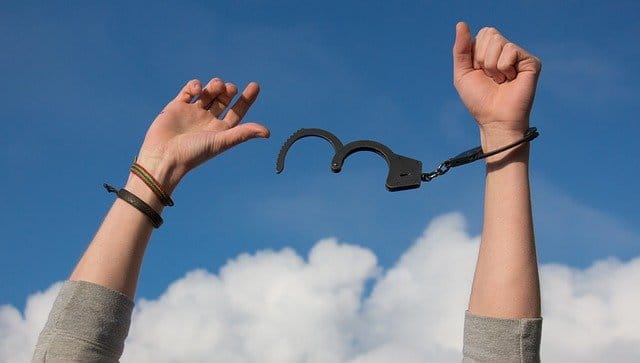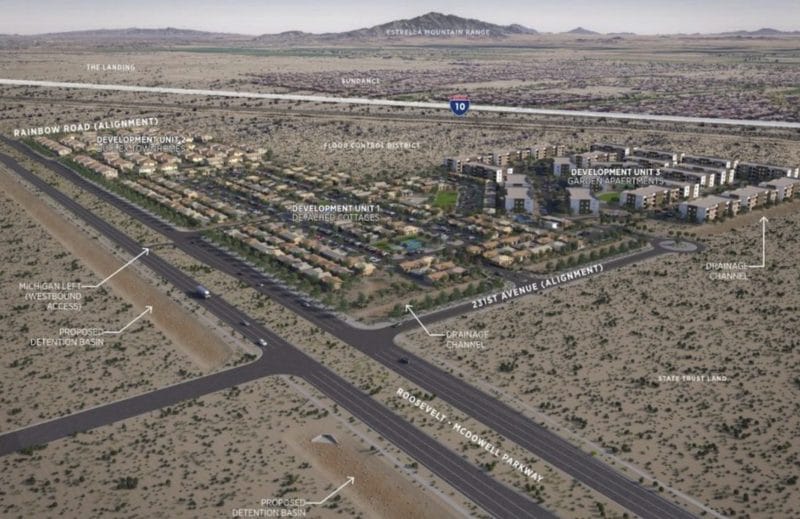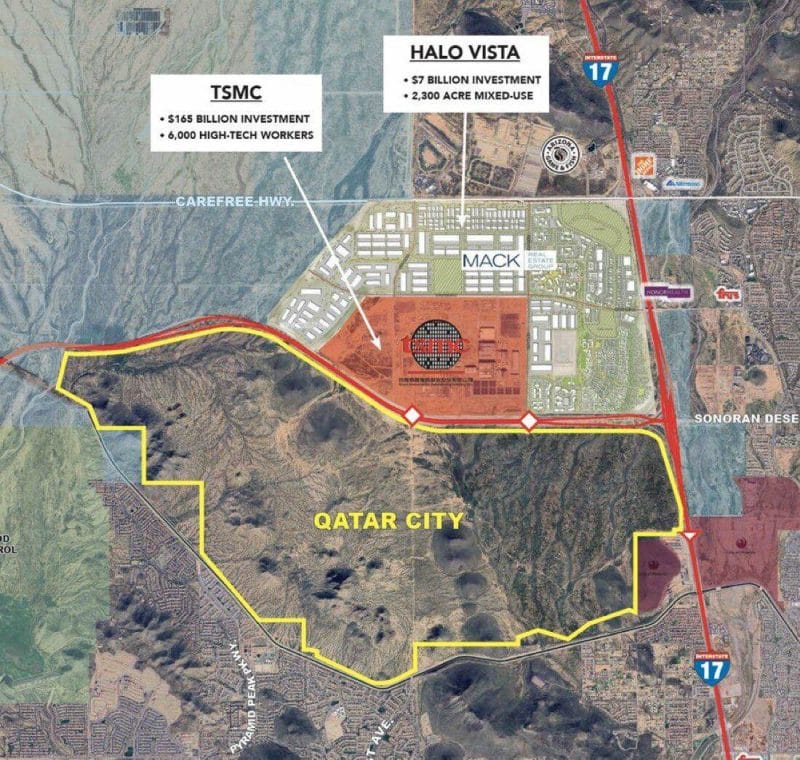By Terrance Thorton | Paradise Valley Independent
Both cannabis and legal advocates confirm the Arizona Supreme Court is considering when and how the expunging process will work; however, serious felony offenses including charges of trafficking and local distribution are ineligible.
“I think the primary initial impact is the courts are going to be flooded with requests to expunge,” said Jonathan Udell, an attorney at the Scottsdale-based Rose Law Group’s cannabis department.
“We are talking about low-level crimes, very small, negligible amounts of marijuana … this will do a great deal to promoting justice and correcting wrongs. Based on my research, we estimate there are 12,000 Arizona residents who could apply.”
From a law enforcement perspective, Mr. Udell opines, more resources can be dedicated to more serious issues at hand.
“A secondary effect is that there will be more money spent on actual law enforcement. More money to dedicate and prevent violent offenses unlike simple marijuana offenses,” he explained. “We will see some restorative justice with respect to expungement and more efficient use of our tax dollars, but when it comes to federal laws it is still illegal.”
Mr. Udell points out at the moment, as described in the language of Prop. 207, a marijuana offender ultimately may have to petition the specific court of the then-offense.





